Inflammation of the fallopian tubes is in medical terms known as salpingitis. As this is inflammation of woman’s reproductive organs and it could potentially cause infertility, this condition must be treated instantly.
Salpingitis may be either acute or chronic problem. Acute salpingitis is characterized by congestion of fallopian tubes with blood and secretion of sticky mucus. Because of that, there is a possibility to experience blockage of the tubes or sticking of the tubes to some other organs in the abdomen.
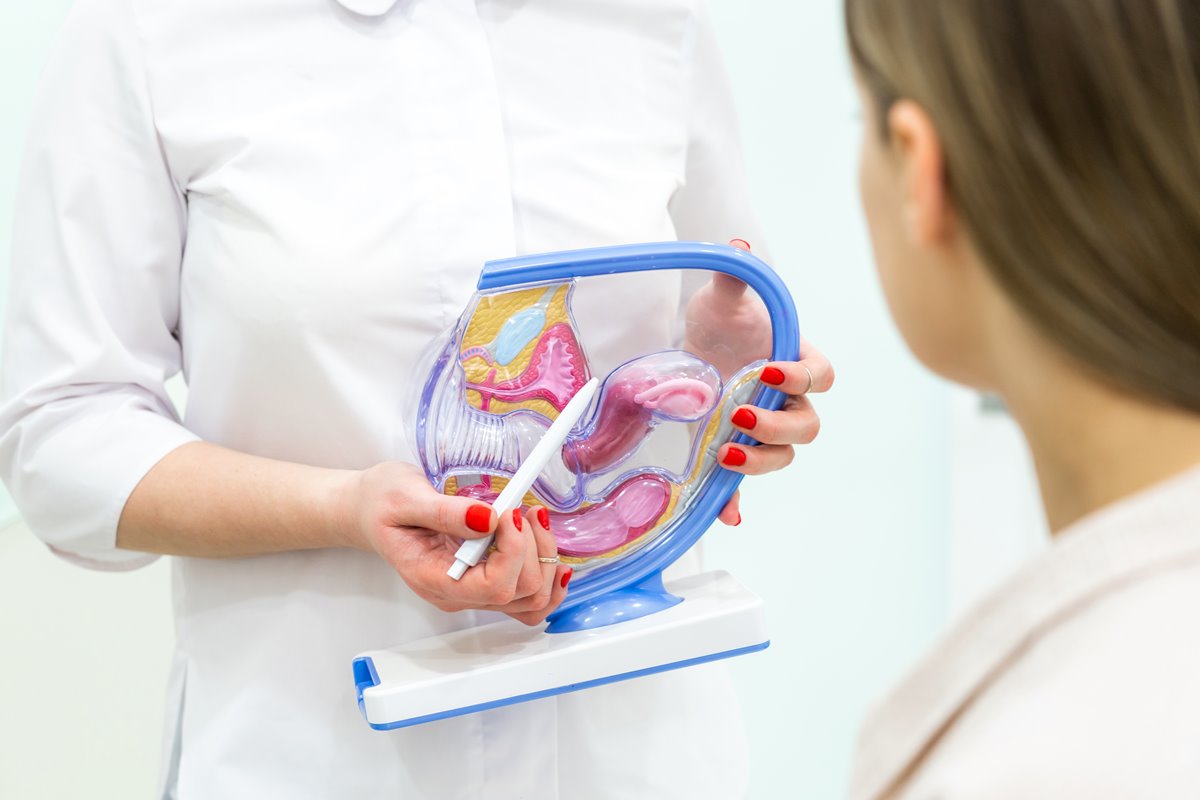
In rare situations fallopian tubes can swell and form a bag with pus, burst of such a bag may cause serious inflammation all through the abdomen. Other times, acute salpingitis may complicate and change the structure of fallopian tubes. Acute salpingitis may be followed by chronic inflammation of the fallopian tubes as well. It could be the case of very mild inflammation of the fallopian tubes or of decrease but not completely cured inflammation.
Salpingitis Symptoms and Causes
Slightly heightened temperature and vaginal discharge may indicate presence of inflammation in woman’s fallopian tubes. Other symptoms could involve the pain located in the lower abdomen, which can get worse when coughing, laughing or during sexual intercourse. Chronic salpingitis’ pain may not be so prominent but rather the dull ache, many women got used to. Menstruation and constipation may cause greater pains in women suffering from chronic inflammation of fallopian tubes.
In about 50% of salpingitis cases bacterial infection can be blamed to be the cause of inflammation. Bacterial infections (like gonococci infection) of the uterus or vagina may spread and affect fallopian tubes. Sexual intercourse, childbirth, abortion and miscarriage are also potential situation when a woman may get infected and suffer from salpingitis.
Infected appendix or some other organs in the abdominal area of the body may also be the cause of fallopian tube inflammation.
Treatment Solutions
Fallopian tube inflammation often responds to the treatment with antibiotic drugs. However, the doctor needs to know what bacterium has caused infection and inflammation in order to prescribe appropriate therapy. For that purpose, your doctor will take bacterial swabs from the vagina, cervix and urethra and culture bacteria in the lab. Laparoscope exam and bacterial swab directly from the fallopian tubes are other method that can be used to identify bacteria responsible for salpingitis.
These women may also need pain killer medications and plenty of rest, along with prescribed antibiotics. Chronic salpingitis is also treated similarly, with several courses of antibiotic drugs and deep heat in some cases.








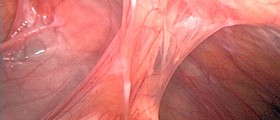
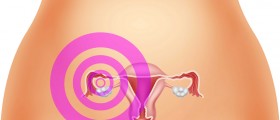
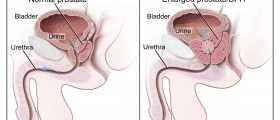
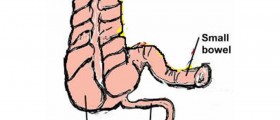




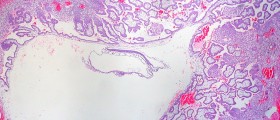
Your thoughts on this
Loading...